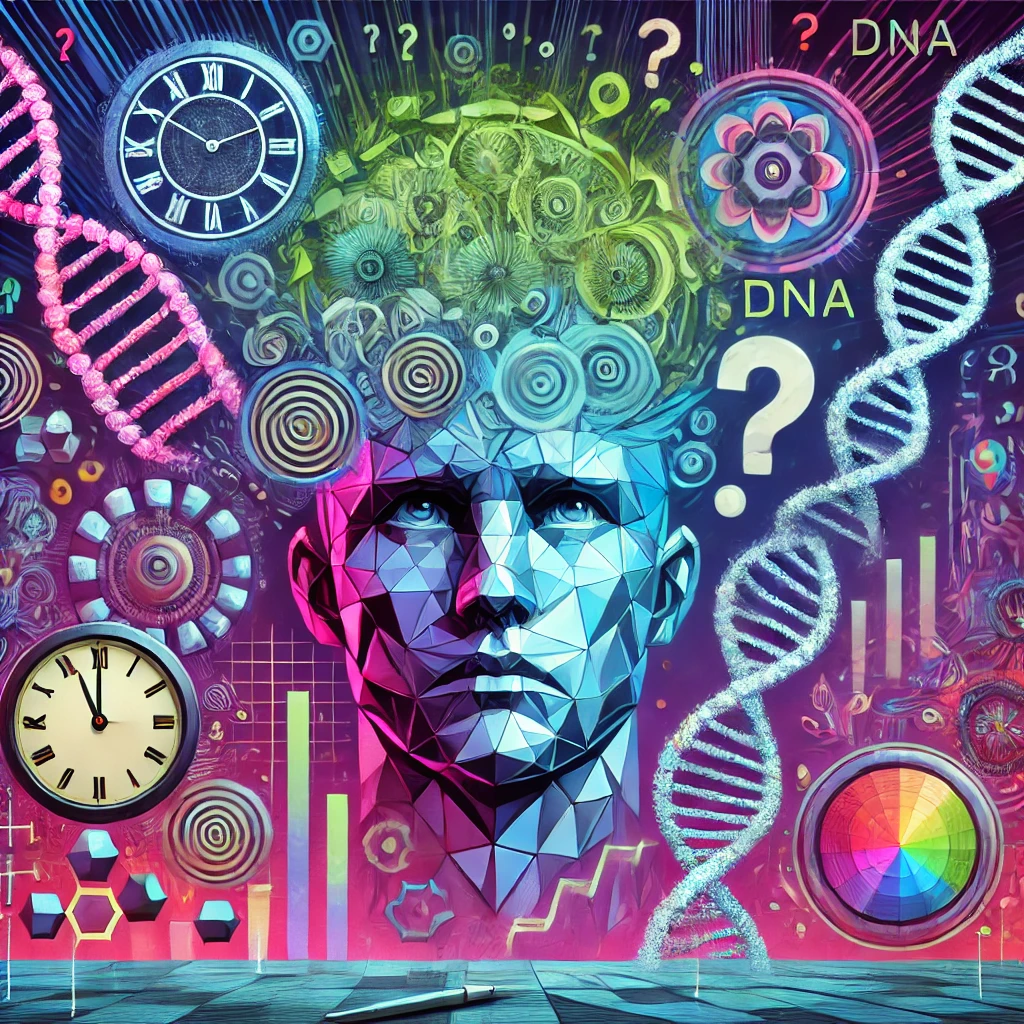Resocialization After Social Isolation Reverses Neuroinflammation & Depression in Mice (2024 Study)
Resocialization significantly reduces depressive behaviors in socially isolated mice by decreasing neuroinflammation and nitrite levels in the hippocampus. Highlights: Depressive Behaviors: Resocialization reduced depressive behaviors in socially isolated mice, as shown by improved performance in behavioral tests. Neuroinflammation: Resocialization led to decreased levels of pro-inflammatory genes (IL-1β, TNF, and TLR4) in the hippocampus, indicating reduced …










